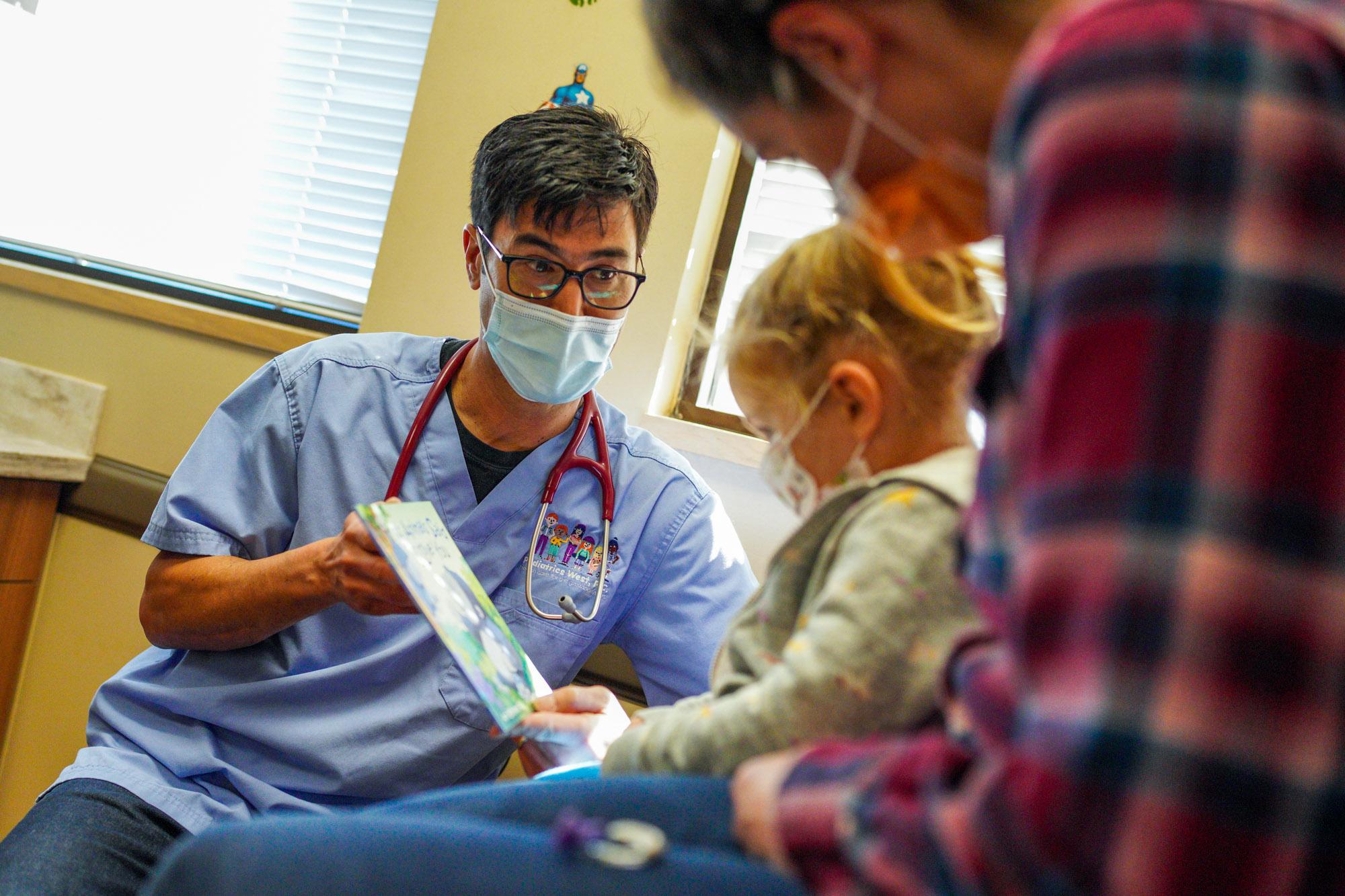
Colorado is seeing a sharp increase and an earlier occurrence in cases linked to the Respiratory Syncytial Virus (RSV) among children this month which is putting a strain on pediatric hospitals, according to the state’s Department of Public Health and Environment.
Officials said 95 percent of hospitalizations are currently among children, with sharp increases in cases reported in childcare and school settings.
Since Oct. 1., there have been 292 RSV-linked hospitalizations in metro Denver, according to CDPHE, including Adams, Arapahoe, Denver, Douglas and Jefferson counties. There have also been 42 confirmed outbreaks reported since the beginning of the month. Among those outbreaks, more than half had at least one person seek care at a hospital. The department said that is more than double the number from the same timeframe in 2021.
“The increase in RSV-related hospitalizations in Colorado in recent weeks is very concerning,” said Dr. Eric France, a pediatrician and chief medical officer for CDPHE.
State health officials on Friday alerted healthcare providers about the rise in RSV cases and the symptoms associated with the infection.
France said CDPHE is supporting coordination efforts among hospitals as they plan for the possibility of more cases.
The department said it is in frequent communication with K-12 schools, preschool programs and childcare facilities to provide strategies to reduce transmission.
RSV cases have also risen in other parts of the country.
The Centers for Disease Control and Prevention said it is surveilling the increase in cases and related hospitalizations in multiple U.S. regions, with some even nearing seasonal peak levels.
What you should know
RSV is a common respiratory virus that spreads by inhaling droplets produced by a person talking, coughing or sneezing.
While most people will only have cold symptoms, it may be more severe in infants and young children as well as older adults. It is more common in the fall, winter and early spring.
Symptoms associated with Respiratory Syncytial Virus
- Runny or stuffy nose
- Sneezing
- Fever
- Decreased appetite
How to reduce transmission
- Stay home when you are sick, including not visiting or interacting with people who may be at higher risk, including older adults, young children, and infants.
- Frequently wash your hands with soap and water or an alcohol-based hand sanitizer with at least 60 percent alcohol.
- Encourage children to cover their noses and mouths with a tissue or upper arm sleeve when they cough or sneeze. Throw away the tissue after they use it, and clean hands as instructed above.
- Clean potentially contaminated surfaces, like doorknobs, tables, handrails, etc.
- Avoid sharing cups and eating utensils and touching your face with unwashed hands.
- If your child is demonstrating early signs of respiratory distress, consider taking them to their primary care doctor for evaluation.
For more information on RSV rates in Colorado click here.









